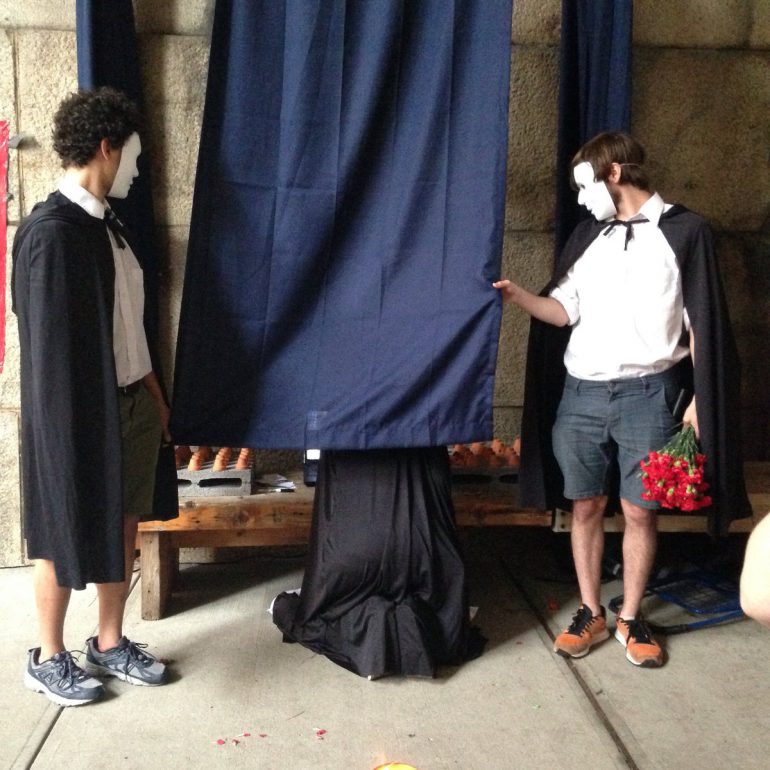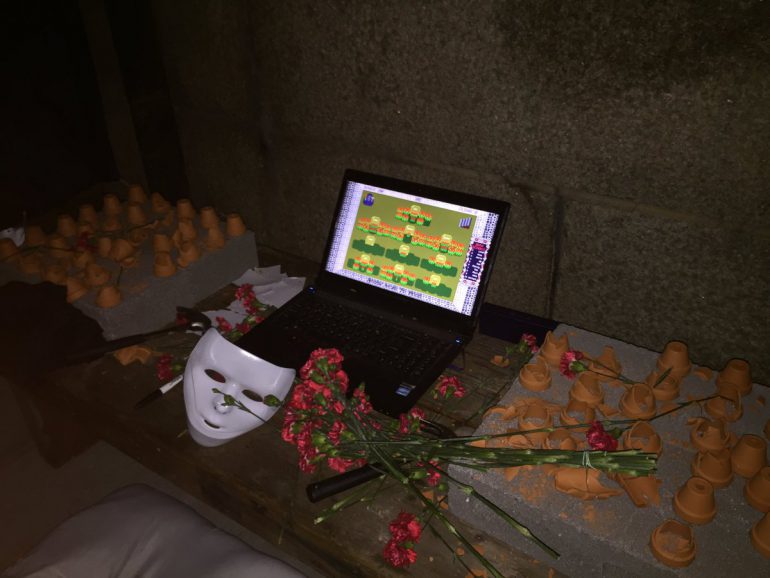
Rules/Laws for Logic, Code, and Games is an ongoing research project focusing on the history of normative frameworks of rules/laws for thought in philosophy and their influence on the development of logic, computer code, and the aesthetics of computer games.
At present the focus is on establishing the continuity of the epistemological views of pivotal figures in the history of philosophy from the Enlightenment to the foundation of modern formal logic—from Kant and Hegel to Frege—in order to enter into current debates on their views on the normativity of laws of logic for thought. These debates concern whether these philosophers believed that thinking was governed by laws of logic as normative rules that can be broken (like laws in the legal sense) or as descriptive laws that cannot (like laws in the sense of laws of nature). A historically grounded investigation can assess the accuracy of each of these interpretations. Given the foundational role played by Frege in particular in establishing modern formal logic, which would go on to be used to develop computer hardware and software, the interpretation of his views on whether thought is governed by rules or laws, founded on the philosophical views of those preceding him, will cast an entirely different light on logic and code.
This historical groundwork will serve to show how a rule- or law-based framework shapes the limits and possibilities of code and, through this, the aesthetics of computer games. Code, in the form of a given programming language, is not governed by normative rules but rather descriptive laws; there is no sense to be made of “logical aliens” (beings whose reasoning could follow logical laws different from ours) with respect to a given programming language, because if the laws are not followed, the code simply will not compile or run without errors. However, the status of the programming language as it is being written, or of the computer as it is being developed, is not so clear-cut. One’s interpretation of whether the code is at that stage governed by normative rules or descriptive laws or some combination of the two will depend on an interpretation of the logic playing a part in the construction of the hardware and programming language.
Computer games, then, as products of this code, might be said to be governed by descriptive laws as they are being played and as they are being programmed, but during the design of the hardware and programming language that they are built on, whether unbreakable laws or breakable rules are at work will depend on the interpretation of the logic underlying them. But computer games are not only the code that they are built on: the historical groundwork will act in a second capacity to identify the role played by foundational early-modern Western perspectives on rules/laws for thought in the construction of a normative aesthetics. Understanding the ways in which this aesthetics intersects with—and is distinct from—the origin and evolution of games may be able to tell us about the imagined limits of our aesthetic and ludic experiences and, on the other hand, the possibilities that might exist by breaking them.
While a historically focused project concentrating on the development of ideas within their cultural contexts, the Rules/Laws project also involves research-creation components. These will engage with work in game studies on rules and laws and, particularly, explore the differing limits and possibilities of the rigidly defined laws of games mediated by code and the socially negotiable rules of physical games. Early projects include Grave Choices, a combined physical/digital game and performance in which the physical components allow players to circumvent the rules, and Boss Battle, a physical game and theater piece in which players taking on the role of a boss and workers negotiate a work contract.
